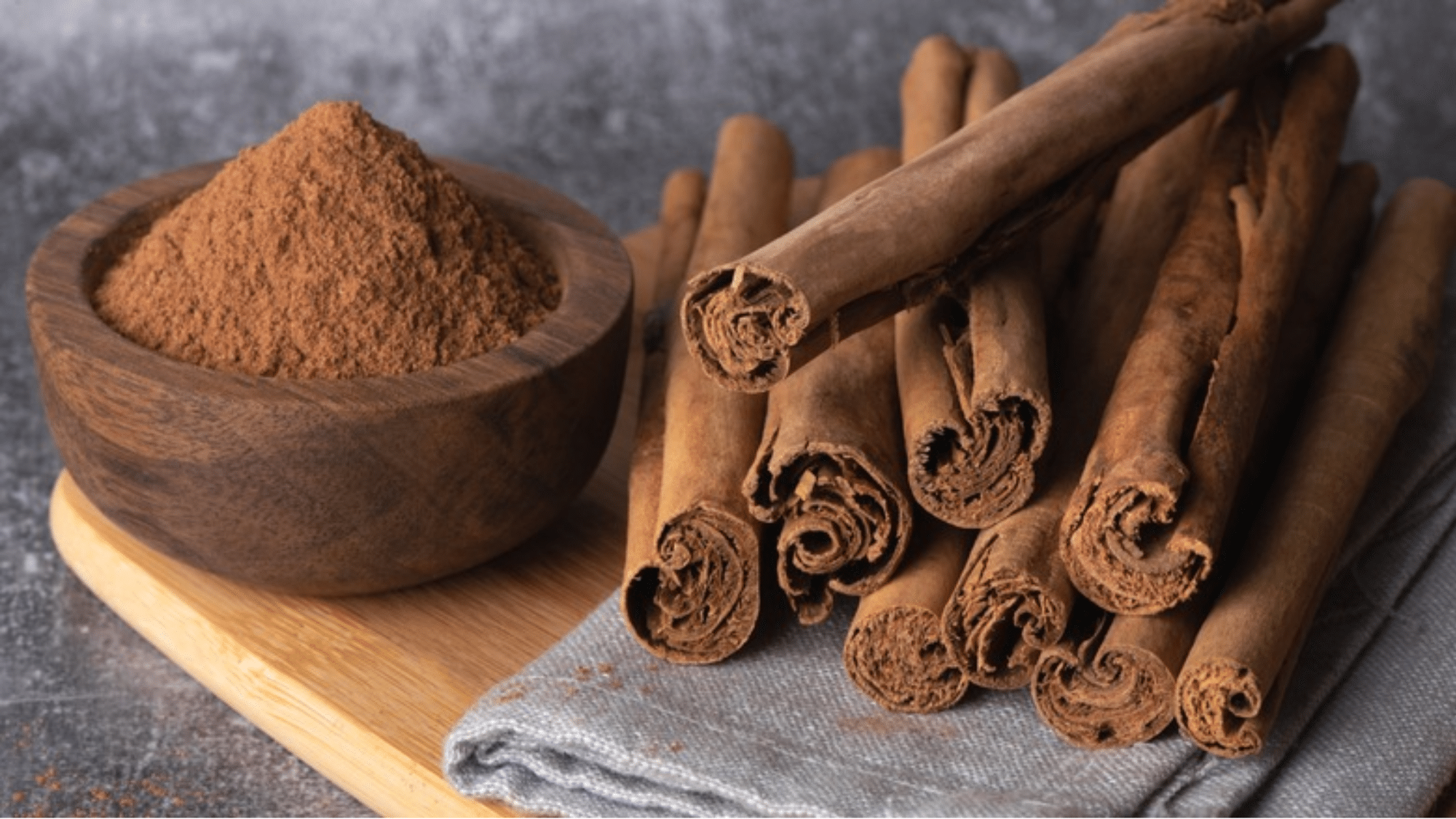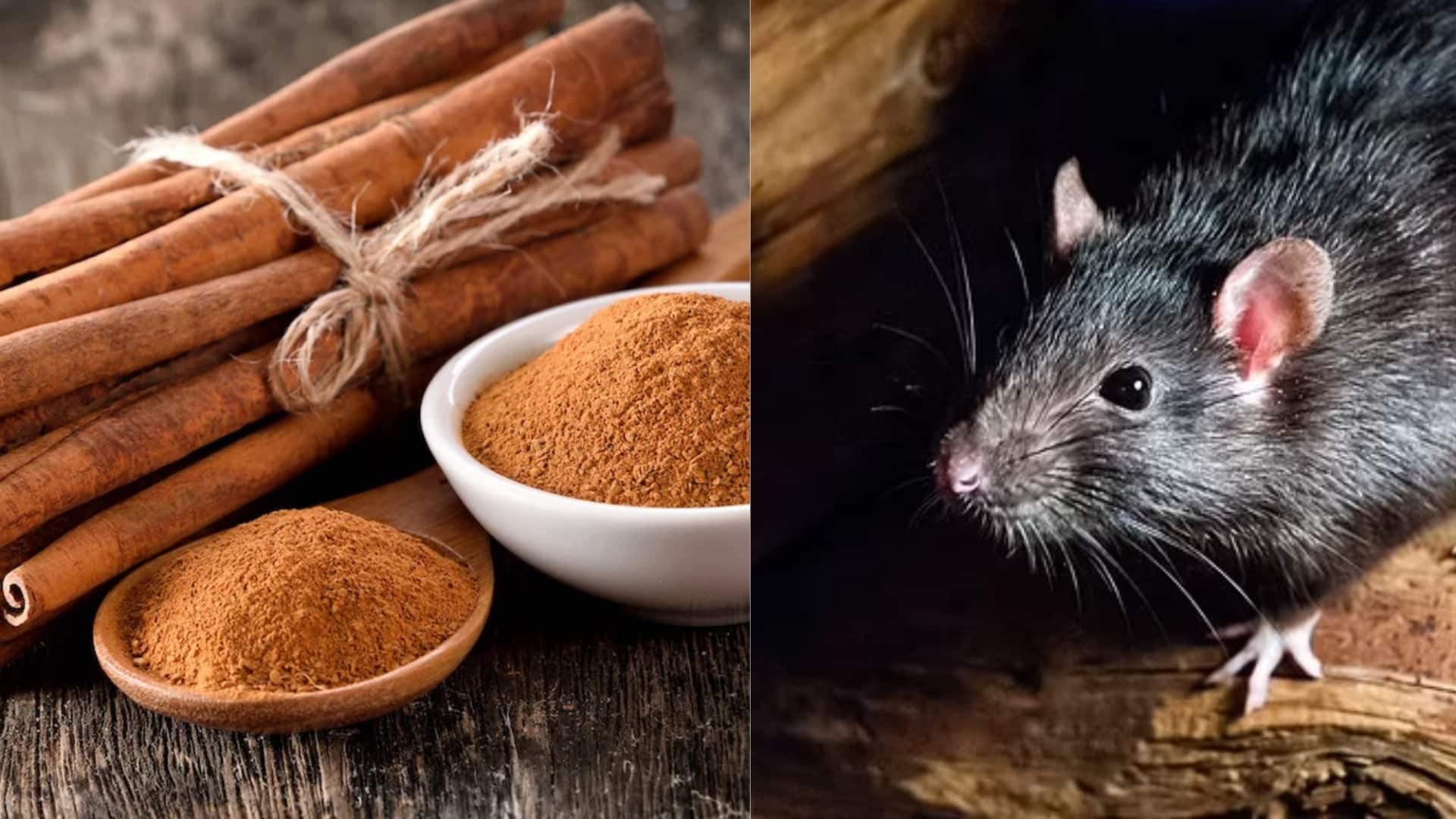Caught rats doing the midnight shuffle in your kitchen?
Before you spend your money on medieval-looking traps, there is some news about a spicier solution already present in your pantry.
That’s right; cinnamon, the star of your morning toast and holiday cookies, might be your new rodent-fighting superhero.
This aromatic spice has been making waves in pest control circles, with homeowners showing its effectiveness against unwanted furry visitors.
But does it work, or is it just another internet scam?
Let’s check through the hype and examine whether this fragrant powder deserves a spot in your pest control arsenal or if you are better off saving it for your snickerdoodles.
The Truth About Rats and Cinnamon
So, do rats like cinnamon?
The straightforward answer is no, rats generally do not like cinnamon and will typically avoid it when possible.
The primary compound that gives cinnamon its distinctive smell and taste is cinnamaldehyde, which makes up about 90% of cinnamon oil.
This compound is actually a natural insecticide and antimicrobial agent that the cinnamon plant developed as a defense mechanism.
When rats encounter this strong-smelling compound, they tend to find it overwhelming and unpleasant.
Research supports this aversion. We found that essential oils containing cinnamaldehyde showed significant repellent activity against rodents.
It’s important to note that this is primarily an aversion response rather than a toxic one. Cinnamon doesn’t poison rats or cause them harm; it simply creates an environment they prefer to avoid.
How Cinnamon Affects Rat Behavior?

Cinnamon doesn’t just smell good to us. It can actually change how rats behave when they encounter it in treated areas.
Behavioral Changes:
- Rats initially display investigative behavior when introduced to cinnamon.
- They approach cautiously, sniff from a distance, and often retreat.
- This behavior is part of their survival instinct to assess if the smell represents a threat.
Reduced Activity:
- Areas treated with cinnamon often see fewer rat activities.
- Reduced signs such as droppings, gnawing, and movement sounds.
- Rats tend to create new pathways that bypass cinnamon-treated zones.
Duration of Effectiveness:
- Cinnamon’s repellent effect lasts for 3-7 days indoors.
- The potency diminishes over time as volatile compounds evaporate.
- Factors like humidity, airflow, and temperature affect how long the scent lasts.
While cinnamon isn’t a permanent fix, it may help reduce rat activity for a short time when used properly and refreshed as needed.
How to Use Cinnamon for Rat Control?
| Category | Details |
|---|---|
| Best Forms of Cinnamon | Essential oil is the strongest repellent, 100% pure. Ground powder is affordable but less potent. Cinnamon sticks are ideal for enclosed spaces. |
| Application Methods | Cotton ball: Soak in essential oil and place at entry points. Powder: Sprinkle on rat pathways and entry points. DIY spray: Mix oil, water, and vinegar, and spray on entry points. Sachets: Place in cabinets and enclosed spaces. |
| Placement Tips | Focus on entry points (doors, vents, holes), baseboards, dark corners, and hidden spaces (attics, crawl spaces). |
| Maintaining Effectiveness | Reapply every 5-7 days, after rain, and rotate with other repellents. Increase frequency if rat activity returns. |
| Consistency Reminder | Apply consistently for best results; sporadic use won’t work. |
Common Mistakes to Avoid While Using Cinamon
Using cinnamon as a rat repellent can help, but making a few common mistakes might reduce its effectiveness or give false results.
- Using Too Little Cinnamon: A light sprinkle may not work. Apply generously at entry points and rat paths to create a strong scent barrier.
- Inconsistent Application: Reapply every 5–7 days or after cleaning to keep the scent active and effective.
- Ignoring Other Methods: Cinnamon alone isn’t enough. Combine it with sealing gaps, removing food, and using other repellents for best results.
- Applying in Damp Areas: Moisture weakens cinnamon’s scent. Avoid wet spots and reapply after rain or cleaning.
- Skipping Reapplication After Cleaning: Cleaning removes the scent. Always refresh cinnamon afterward to keep it working properly.
Conclusion
In summary, we confirm that rats do not like cinnamon, which means that it isn’t just for baking anymore; it’s your new kitchen helper too.
Even though it will not turn your home into a rodent-free paradise overnight, this humble spice does have some awe-inspiring rat-repelling potential.
Think of cinnamon as the opening act in your pest management concert.
It will get the party started, but you will still need the headliners to rock the house properly.
So go ahead and deploy your cinnamon commandos along baseboards and entry points.















